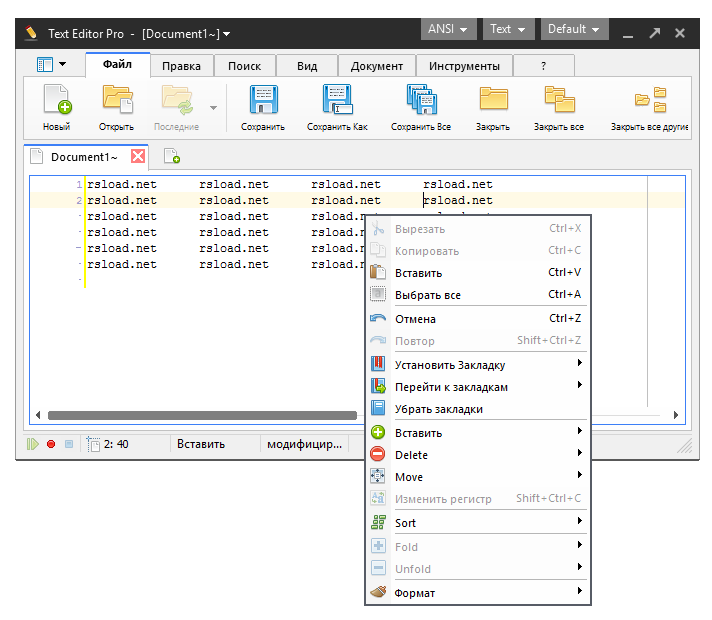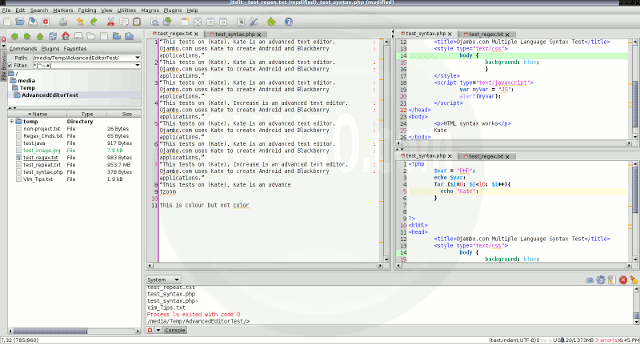I just installed JDK 1.4.1 on a machine running Mac OS 10.2.8. This must be manually downloaded from apple.com. There is a version for 10.2.x, separate from the version for 10.3. The latest version of Jedit X is 2.56 on Mac Informer. It is a perfect match for Office in the Productivity category. The app is developed by Artman21 Inc.
jEdit 4.3pre16 on Mac OS X with Java 1.6


jEdit is currently my favorite text editor (nice, small and good support for lots of encodings).
Until today I have been using version 4.3pre15 on OS X (10.5) with Java 1.5 as default Java version. This configuration worked good, even if I had to copy the file /System/Library/Frameworks/JavaVM.framework/Resources/MacOS/JavaApplicationStub to /Applications/jEdit.app/Contents/MacOS, remove the soft link that was there before and rename the copied file to jedit in order to make it work.
Jedit X For Mac 10.10
Well, now I changed my default Java version to 1.6 and jEdit didn’t start up any more. By the way, if you want to change your default Java version use the Java Preferences application located under /Applications/Utilities/Java. Everything else is risky… 😉 I’ll write another blog entry about what was my first attempt and how it failed (here it is).
Jedit X For Mac High Sierra

So I downloaded the current version of jEdit which is 4.3pre16 and installed it (delete previous version before…). As far as I read on jEdit’s webpage, this version should run with Java 1.5 but doesn’t work with Java 1.6. It contains a “Mac OS Plugin” for Java 1.5 support. The page says that one should remove this plugin when working with Java 1.6.

Great, so the only thing to do was to find out what this plugin is and where I’d find it. It’s a jEdit plugin located in /Applications/jEdit.app/Contents/Resources/Java/jars and named MacOS.jar. After deleting this file, jEdit starts with Java 1.6 – great!
In order to delete this file, you can use Finder, go to the applications folder and right click jEdit.app (or ctrl-click if you don’t have a right mouse button) and choose “Show Package Contents” from the context menu. Then navigate down the file hierarchy Contents/Resources/Java/jars and delete MacOS.jar.